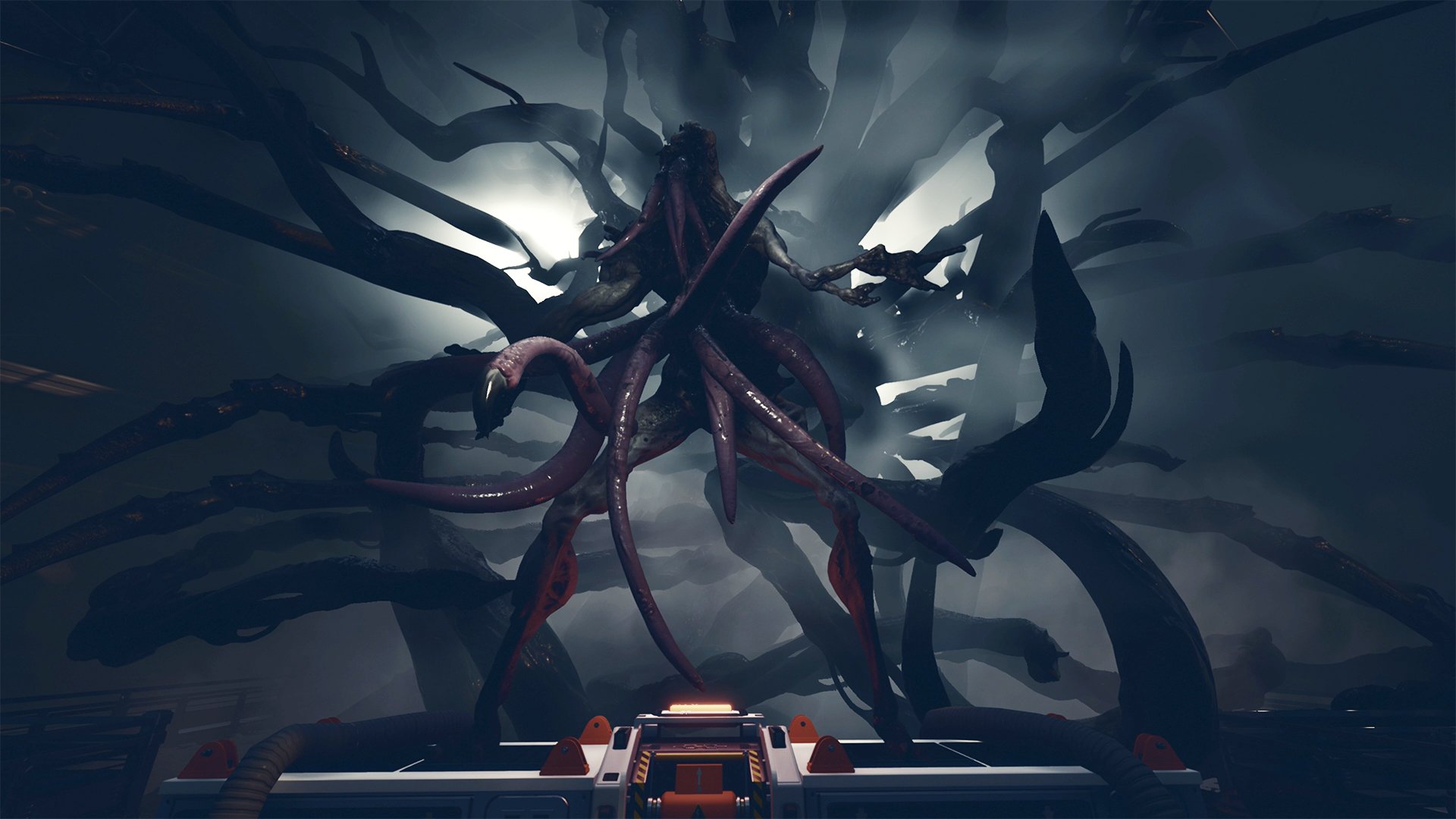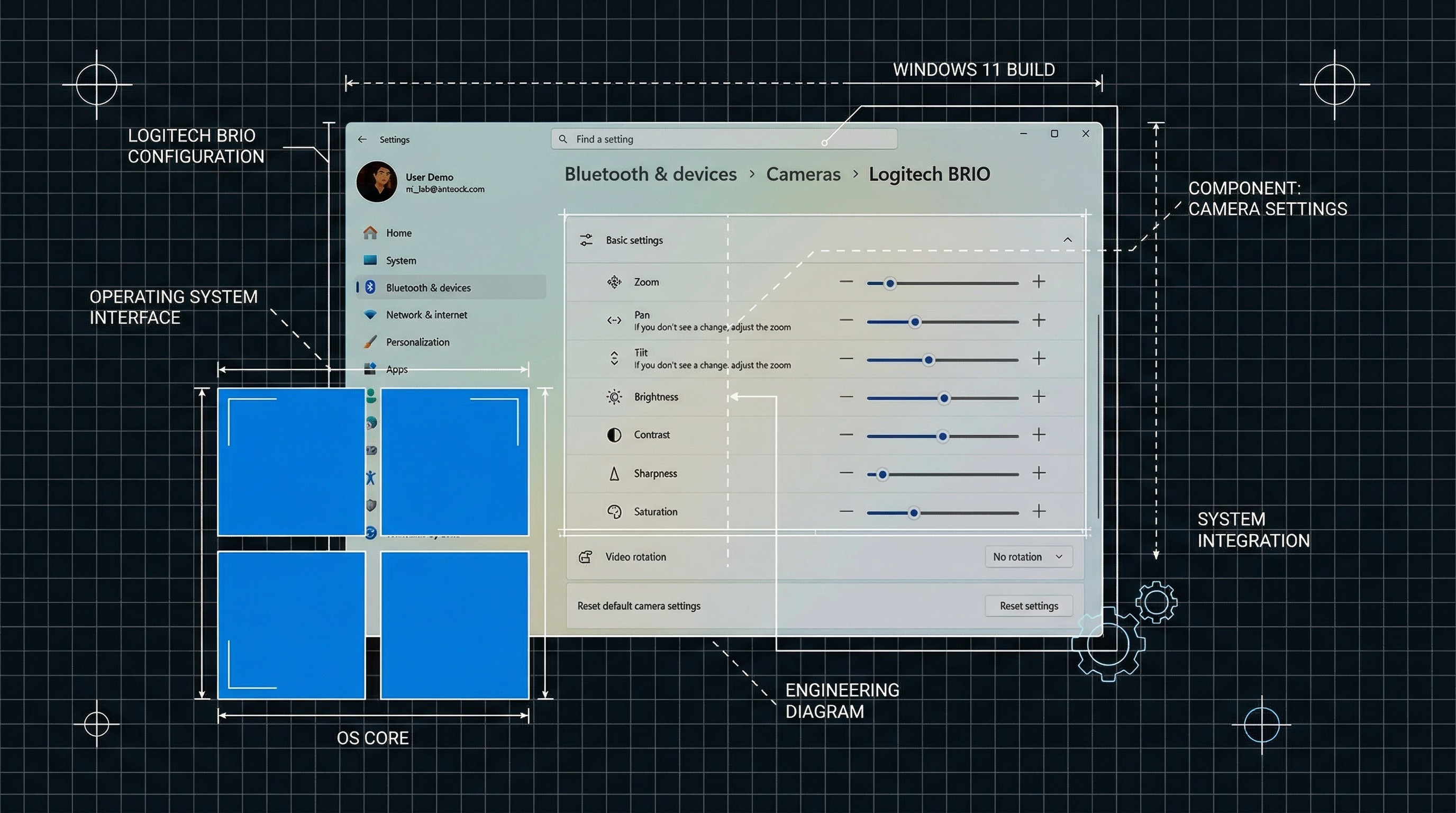Lovecraftian games have been making a bit of a comeback in the past few years. We've had The Sinking City, Bloodborne, Call of Cthulhu, Sunless Sea, World of Horror, and a seemingly limitless list of indies. The works of H.P. Lovecraft are a prime trove for those looking to make a horror title in any medium, so it makes sense that many would try to create their own interpretation of the writer's work.
The results, however, have been hit or miss. It's easy to make a game with Lovecraftian elements (indecipherable mystic languages, unknowable creatures, and a descent into madness are just some examples). Still, it's more complicated to make a game that understands cosmic horror and what makes it so terrifying. Most games that try to channel that horror ends up becoming retreads of familiar tropes.
Moons of Madness, developed by Rock Pocket Games and published by Funcom, is yet another attempt to create a Lovecraftian horror game. It's a first-person mystery where you play Shane Newehart, an astronaut who's a part of a secret mission on Mars to investigate mysterious signals and artifacts. You solve puzzles and explore your base to uncover what's being hidden from you, how this ties in with your traumatic childhood, and how this affects the entire universe.
It does have a unique twist: instead of setting the game in New England, where most of these works are based, the developers move it to Mars. It weaves sci-fi and legends of ancient alien races into a larger cosmic tale about trans-dimensional beings looking to escape and devour all of reality (fairly typical by Lovecraft standards). This makes Moons of Madness appealing on paper, but when you dig deeper, you don't find more terror. You just find more tropes.
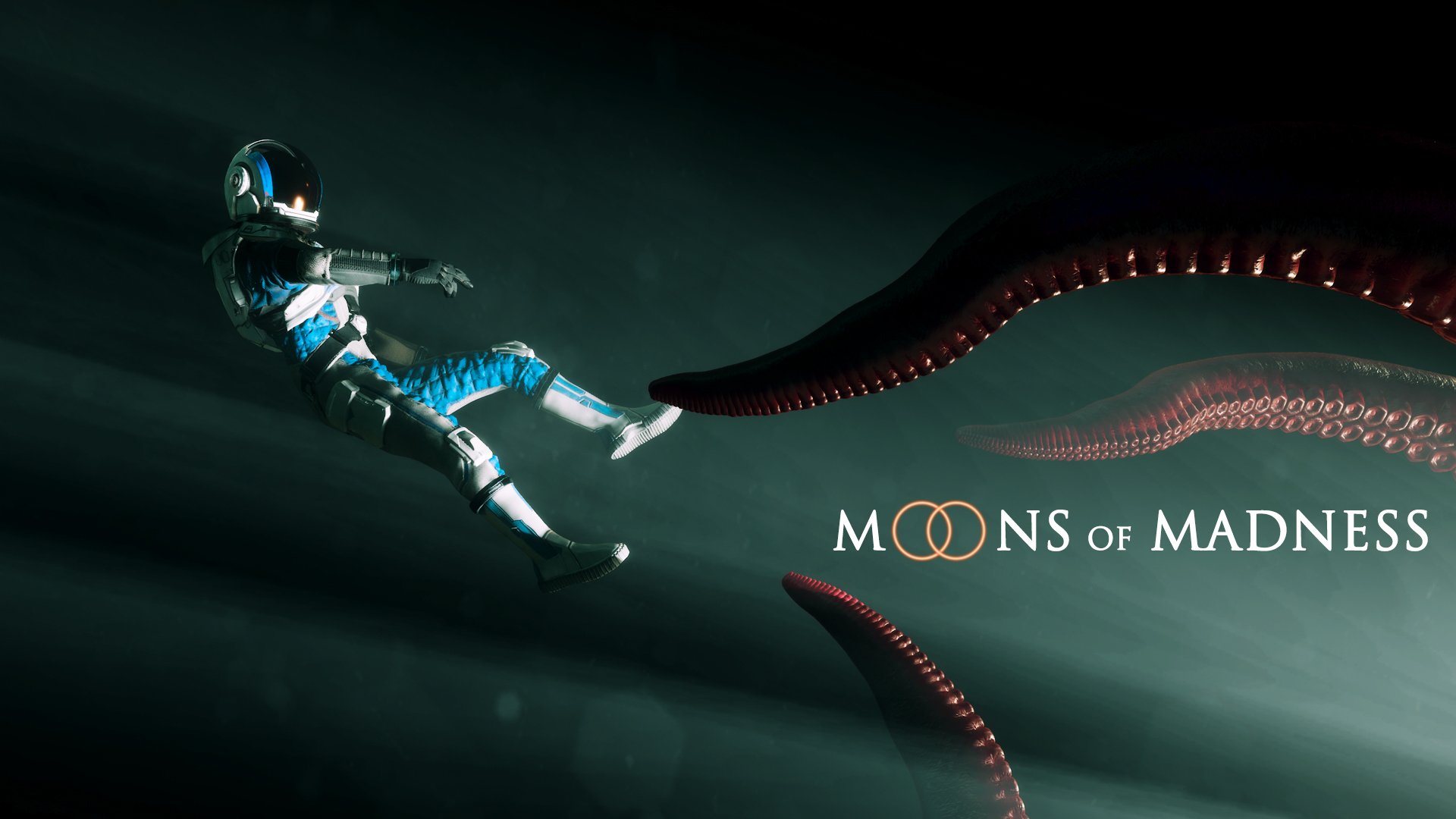
Bottom line: Lovecraft fans will have to look elsewhere. While Moons of Madness has some exciting ideas and goes a long way on its premise alone, the story is too dense, and the gameplay is too simple to make it worth your time... unless you need to kill five hours.
Pros
- Only five hours long
- Interesting premise
- Some cool setpieces
Cons
- Puzzles are too simple
- Movement feels like a chore
- Story is too dense
- Xbox One version has performance issues
What I liked about Moons of Madness: The small details
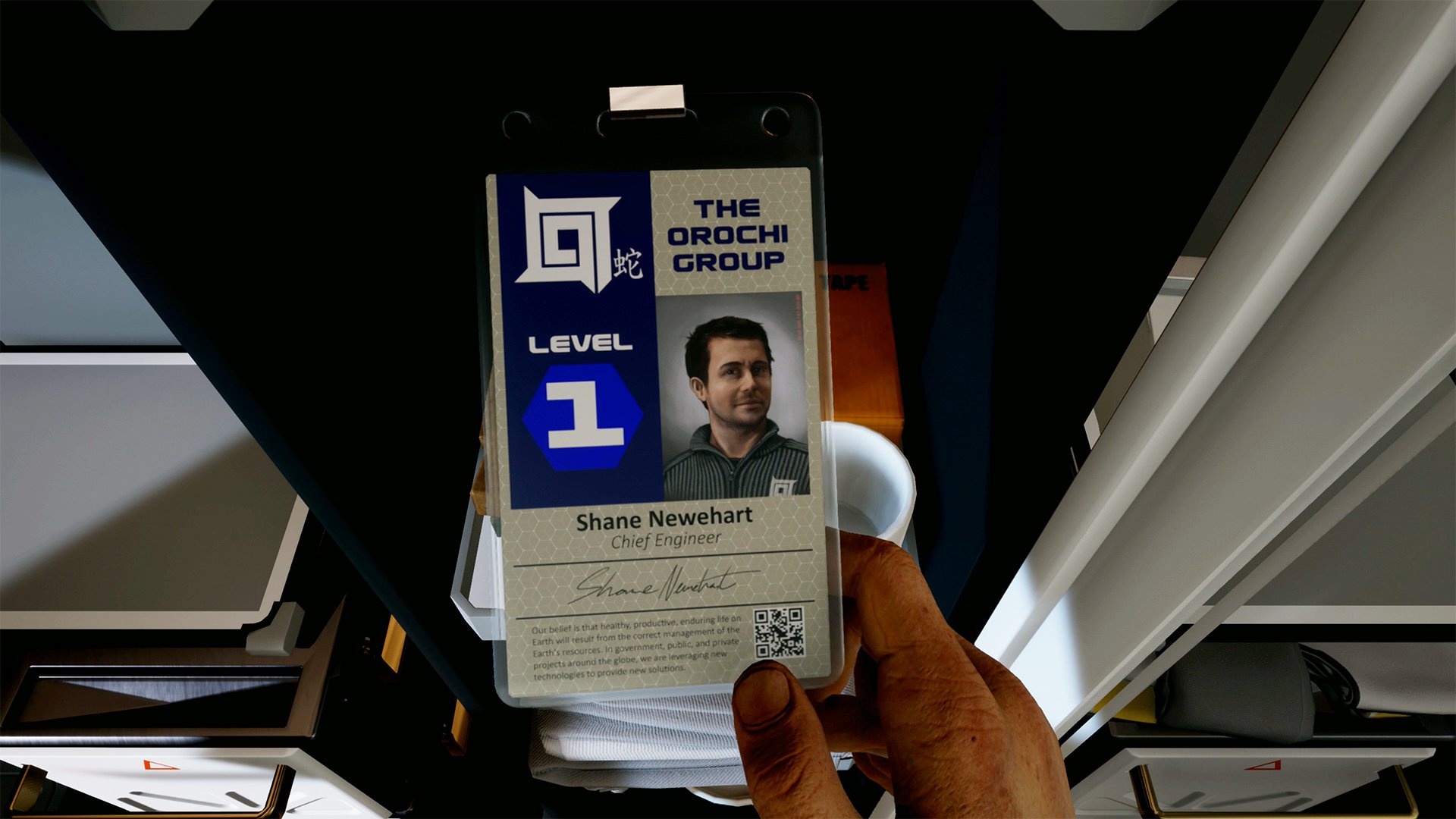
Moons of Madness is a deceptively simple game. In the very first scene, Shane wakes up in his room and ends up in a nightmare. This is the tutorial level, where the player learns almost everything they need to know. You can walk, you can interact with items, and you can put them in your inventory. In later sections, you learn that you can sprint and that you have a device on your wrist that you can use to scan the environment and keep track of your objectives.
Moons of Madness is a deceptively simple game.
This is the extent of gameplay. The developers combine the limited mechanics to create puzzles, which serve as the main interactivity point for the player. Most involve walking around looking for pieces and then correctly combining them to activate the next phase of the game. Occasionally, you have to sprint to get away from creatures that are chasing you, but as I'll get into in the next part, these are simple and short segues, mostly used to get you from one section to another.
Since there isn't any combat and gameplay is limited in most other capacities, it is easy to get a hold of what you need to do quickly. Since the game is only five hours long, keeping things simple was necessary to keep it from being too dense (whether the game succeeds is another story). Plus, it also means there's more room to pay attention to tiny details, specifically with the story and animation. There are moments, for example, where Shane has learned something horrible or seen something traumatic, and his hands shake or interact with objects in a more panicked manner. Another small story moment that I appreciated was when another character, Declan, joked about there being witches on Mars to Shane. Later, when you come across his journal, you find out that he's terrified that a witch is watching him. It's a small character moment that shows there's more depth to what's being presented than you might realize.
All the latest news, reviews, and guides for Windows and Xbox diehards.
Some elements drive home what kind of game the developers wanted this to be. It's tough to tell sometimes what tone Moons of Madness are going for, but there are bits scattered around the game that give you some clues. The company Shane works for is called Orochi — a legendary eight-headed beast from Japanese folklore, which gives you some idea of what kind of company this is. Some of these points border on lazy — like how Shane graduated from Miskatonic University — but there's a cheekiness to the writing that gives it personality. This is very welcome, considering that the rest of the game doesn't have much to offer.
What I didn't like about Moons of Madness: The bigger picture
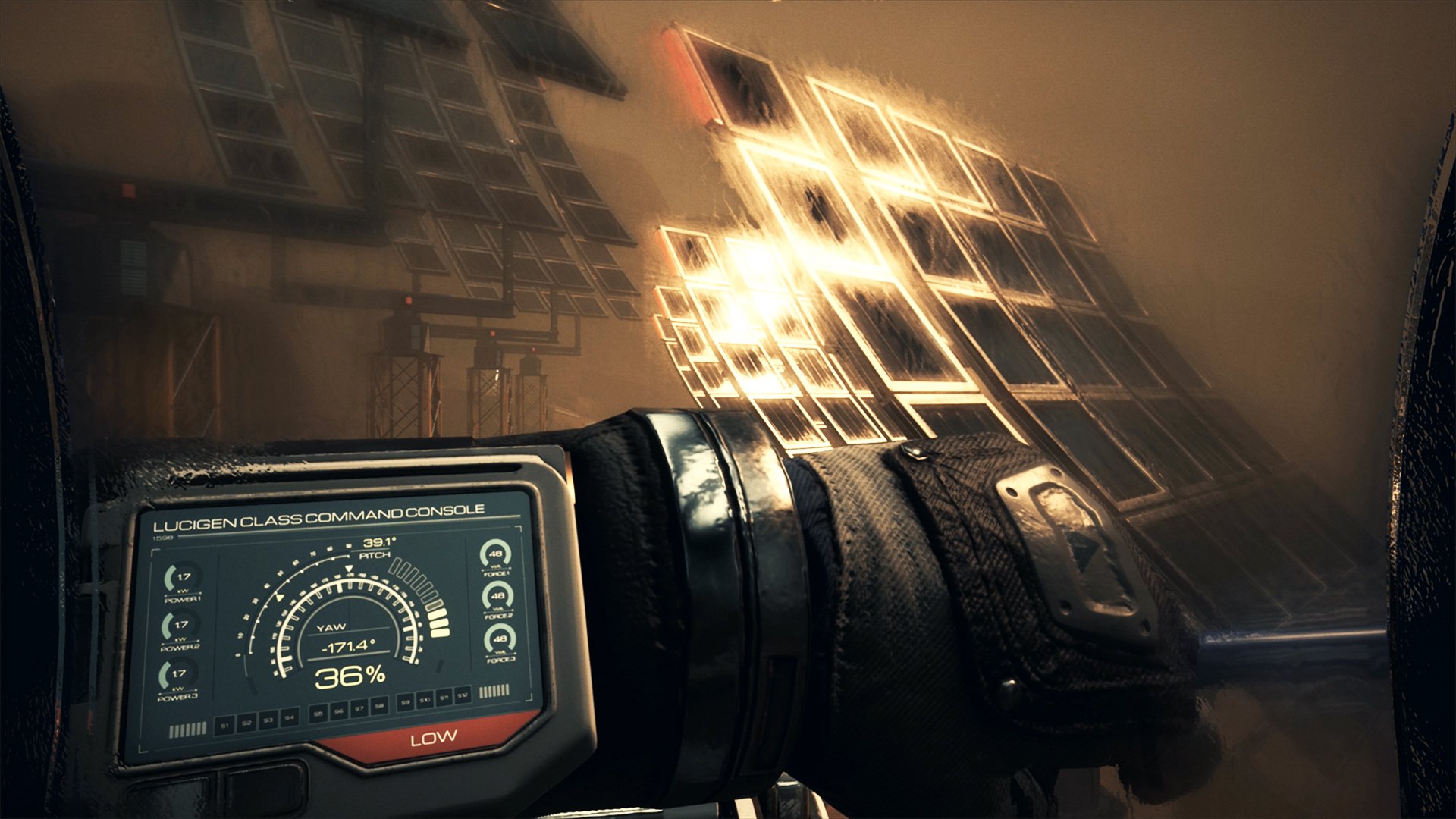
While Moons of Madness takes the extra step of setting itself apart by being a Lovecraftian game set on Mars, it's not enough to make it an essential play for horror fans or people looking for another Lovecraft story. It doesn't offer anything new for the genre, doesn't present cool or challenging gameplay, doesn't do anything with the tropes presented, and gets caught up in its own story.
Even worse than the game being bland is how it doesn't work as it should.
For one, while the decision to keep the gameplay basic was a good one, not much is done with it. Puzzles mostly consist of finding items across massive levels with little to guide you but a scanner that will point you in the direction of the objective, but only works half the time and is little help when a lot of the levels look the same. Then, you typically have to turn it to the proper setting before putting it in the correct space. Other times you have to scan a piece of tech and complete a pipe puzzle to "hack" it. None of the puzzles are challenging, usually just relying on you knowing what red and blue are, or following a diagram put in front of you. It all then feels like a chore as you go through the motions, but don't rely on your brainpower. It doesn't also help that movement feels slow and heavy, which slows everything down even more.
Even other sections where you run away from monsters feel monotonous. Usually, just holding down the sprint button will get you out of its way, and most chases are too short, so any tension dissipates quickly. The "fun" of cosmic horror is that it makes the audience feel claustrophobic and completely at the mercy of something larger than themselves. The game doesn't quite understand this, especially when it makes enemies so easy to run away from and gives you the tools to dispose of them easily.
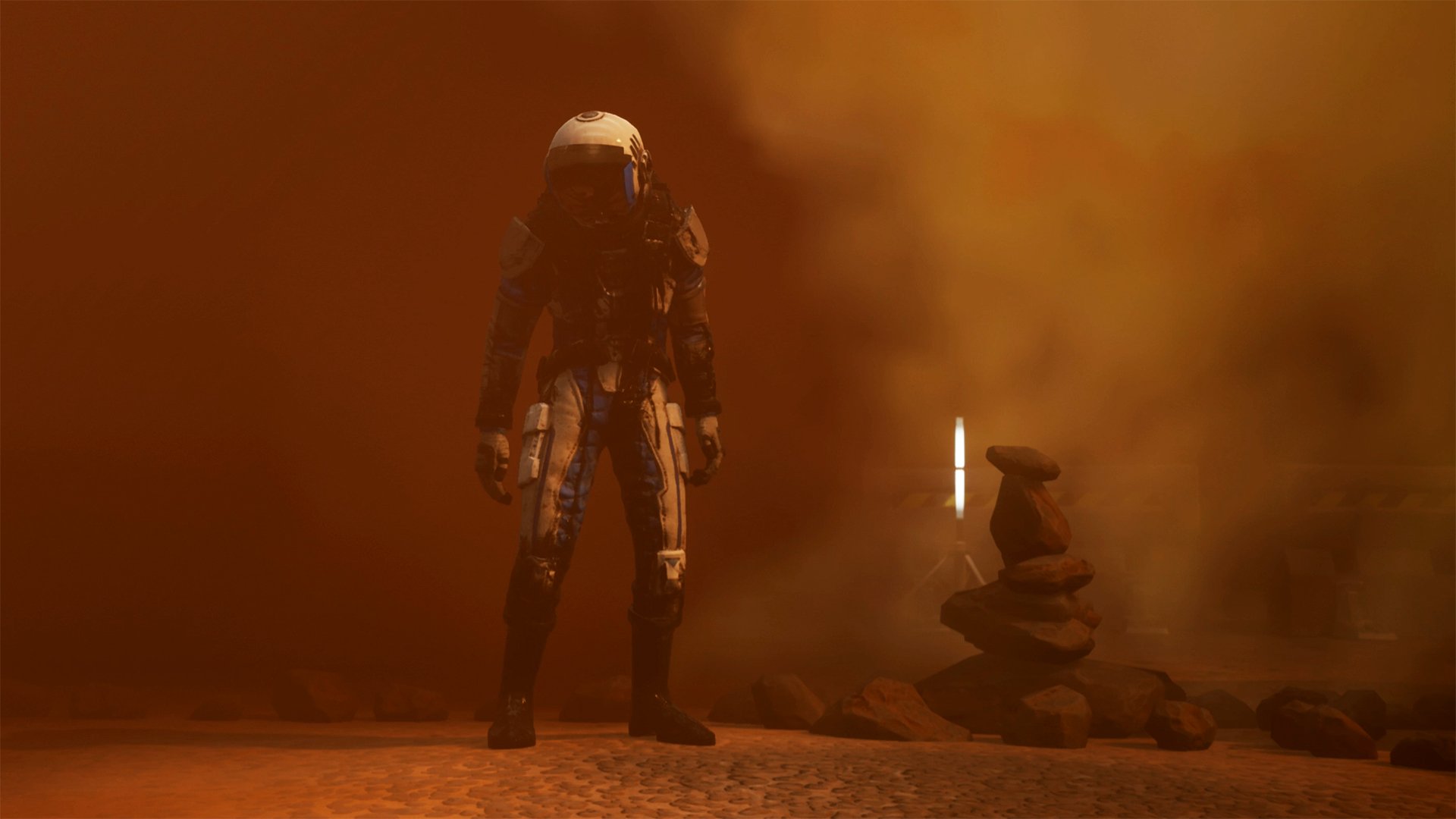
Despite it being a simple game, there's still too much going on. Around three separate stories are being told here, and the game can't settle on one or figure out the proper way to combine them. The result is a lot of exposition dumps, whether it's with villains monologuing or in computer files, you find around the base. Unfortunately, the bulk of the explanations you uncover are in text form, so you spend a long time looking at blocks of text on unappealing screens. This, in turn, translates into a lore-heavy and confusing story with too many competing elements and not nearly enough time to digest it all. This becomes especially exhausting in the game's final hour since a lot of the story is thrown at you towards the end.
Throughout the game, you'll encounter several sci-fi elements in conjunction with the weird, mystical aspects: clones, androids, a capitalist corporation that has no regard for human life, mad scientists, and even more. Few of these get the attention they deserve and are often introduced and discarded without any fanfare. How do the clones relate to the cosmic, trans-dimensional beings? Who created the androids, and why are they a nuisance for a whole section of the game but never brought up again? The game doesn't spend the time to give them the space to breathe, and therefore, it's hard for the audience to give them the attention to matter.
Even worse than the game being bland is how it doesn't work as it should. I played it on the Xbox One and continuously ran into embarrassing bugs, slow loading times, and frame rate drops. If I died in the game, for example, I would go to the kill screen and click to restart from the last checkpoint. However, it would take on average five seconds (I counted) for the input to go through. Then it would take around a minute — maybe longer — to load back into the game. There were times when the game would even enter a loading screen in the middle of a cut scene, which is unfortunate when that's also while a character is speaking.
Bottom line: Should you buy Moons of Madness?
Moons of Madness tries to do something unique with a basic Lovecraftian premise. By taking familiar tropes and characters and moving them to Mars, the audience is immediately out of their depth. By combining sci-fi with fantasy in this way, there's a lot of room to create something new, or at the very least, surprising. We've all heard a story about a detective who gets in over their head with a cult, or the researcher who uncovers a mystical tome filled with ancient secrets. Since we have no idea how the Lovecraftian elements tie in with what's happening on Mars in this universe, there was so much room for an engaging game.
Unfortunately, that's not what we got. The game squanders an intriguing premise by trying to pile in too many story elements and presenting boring gameplay. There are still exciting elements in here that lift up the game slightly, but not enough to make it worth any more than a cursory glance. The fact the game is also a mess on the Xbox One makes it even more exasperating to play.
It is only five hours long so that it wouldn't be a huge commitment either way, but you're better off looking elsewhere to get your Lovecraft fix.

Carli is the Former Gaming Editor and Copy Chief across Windows Central, Android Central, and iMore. Her last name also will remind you of a dinosaur. Follow her on Twitter or email her at carli.velocci@futurenet.com.
